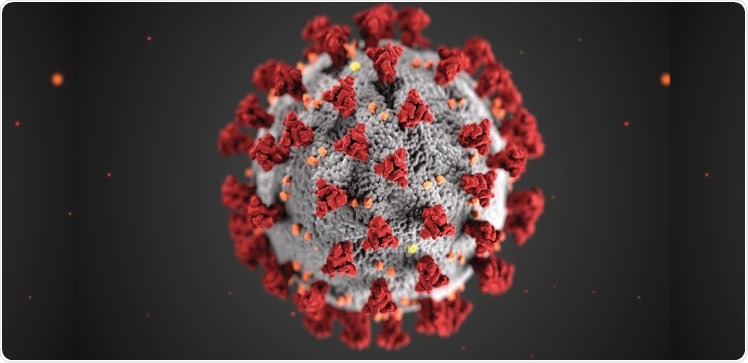A new type of CRISPR platform that leverages the benefits of a compact RNA-editing protein could result in enhanced diagnostic tests for COVID-19.

KAUST researchers have created a low-cost, point-of-care test that can accurately diagnose COVID-19 from throat and nose swab samples. Image Credit: © CDC from Pexels.
Created by bioengineer Magdy Mahfouz and his colleagues at KAUST, the technology is based on a miniature form of the Cas13 protein used by certain microbes to safeguard themselves from viruses. It is possible to design this RNA-cutting enzyme to cleave any target sequence, such as parts of the genome from SARS-CoV-2, the novel coronavirus that led to the COVID-19 pandemic.
The team coupled the Cas13 system with a handheld optical reader, a simple nucleic acid amplification method, and a smartphone to develop a cost-effective, point-of-care test that could accurately diagnose COVID-19 from nose and throat swab samples obtained from patients.
The method was found to be accurate and reliable with a quick turnaround time of just a few hours from clinical sampling to a diagnostic result.
Our modality demonstrates several key features, including simplicity, specificity, sensitivity and portability.”
Magdy Mahfouz, Bioengineer, KAUST
A COVID-19 test is just one prospective use for the technology. According to Ahmed Mahas, a PhD student in Mahfouz’s lab, other diagnostic or therapeutic applications could soon follow.
We aim to develop next-generation sensors that can be applied for the detection of nucleic acids as well as other molecules, such as environmental molecules.”
Ahmed Mahas, PhD Student, KAUST
Mahas is the first author of the study that explains the diagnostic assay. The highly compact Cas13 system could even be used as an antiviral therapeutic.
Thanks to the compact nature of the new Cas13 protein, it is simple to package the gene-editing machinery into a viral vector, which is the established method followed for transferring CRISPR components into human cells. As soon as the components are within the cells, the system could be therapeutically employed to modify the expression of disease-related genes or to kill pathogens like the influenza virus.
Furthermore, “the small size of this novel protein allows for simple protein engineering,” added Mahas. With more molecular fine-tuning, the KAUST researchers aim to widen the toolkit of prospective Cas13-associated applications.
Mahfouz and his team have filed a patent application related to their CRISPR-Cas13 system. Moreover, they have continued their search for innovative Cas13 proteins to fin-tune their diagnostic method.
This work demonstrates that bacterial defense systems have untapped potential for diverse synthetic biology applications.”
Magdy Mahfouz, Bioengineer, KAUST
Source:
Journal reference:
Mahas, A., et al. (2021) A Novel Miniature CRISPR-Cas13 System for SARS-CoV-2 Diagnostics. ACS Synthetic Biology. doi.org/10.1021/acssynbio.1c00181.